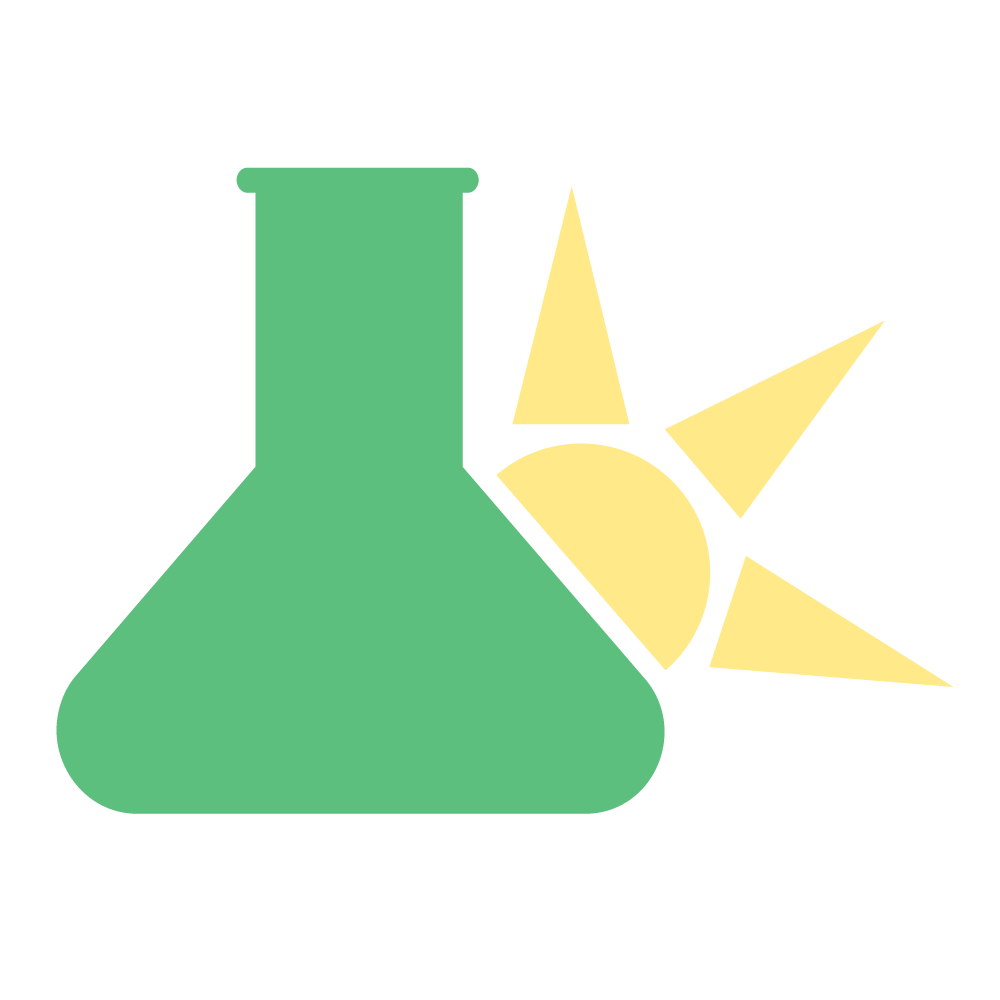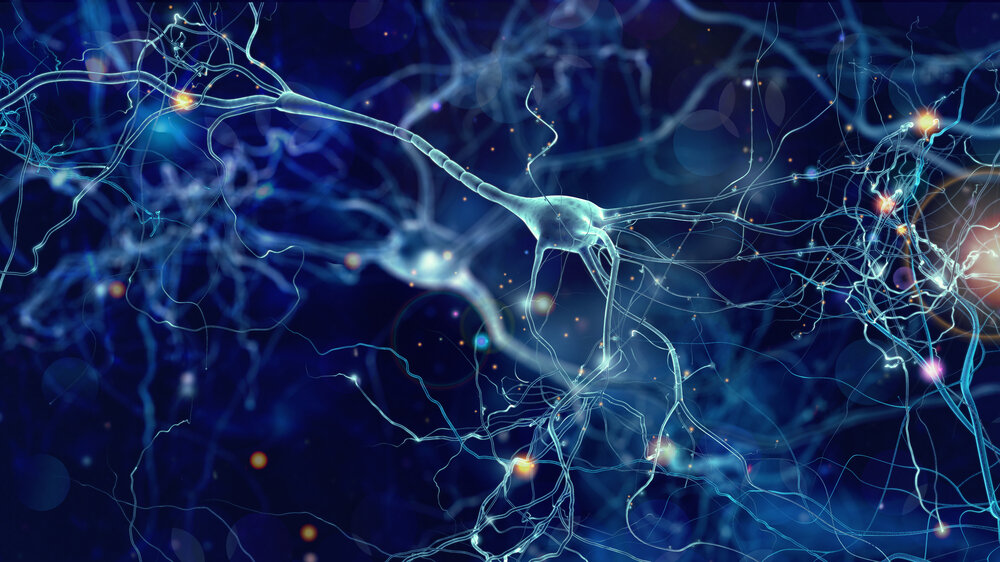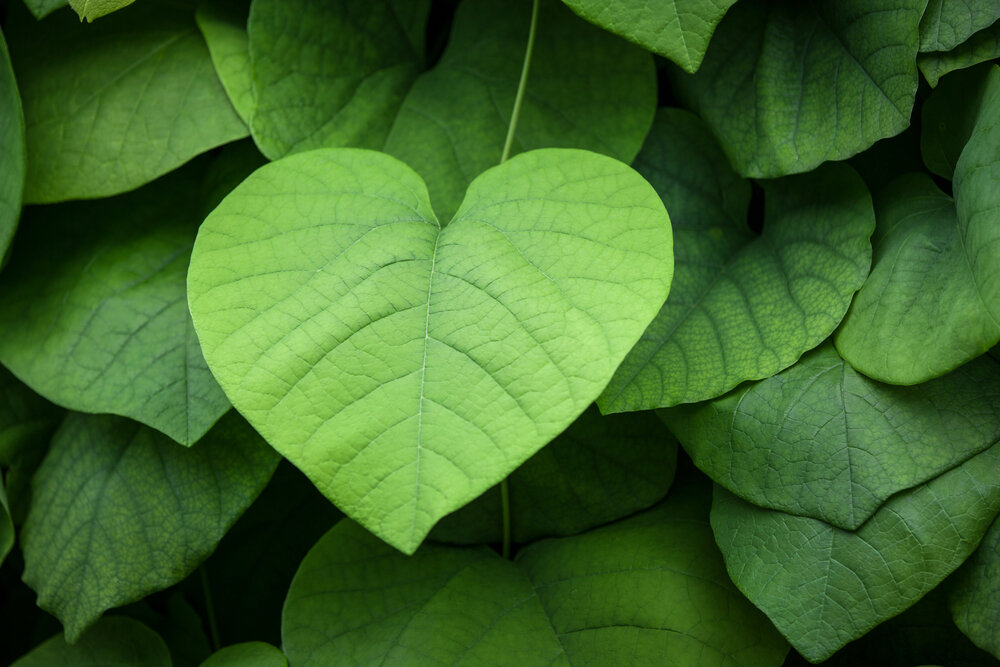There are many reasons one may consider a plant based diet. They may be ethical, health, taste preference, or a combination of all three.
No matter the reason, your ready to get started.
Taking the plunge into a plant-based diet is easy for some, but for others may require some extra planning and practice in order for these changes to stick.
Here are a few tips on getting through the transition.
Don't go cold turkey
This technique may have found success with quitting smoking, but does not tend to work well when it comes to a significant dietary change.
Modern western culture has revolved around animal sources for many of our essential nutrients for far too long, and changing this way of thinking can take some time. If you jump in “cold turkey”, it can be tough to find adequate substitutes right away, and you may end up abandoning the plan.
Take it nice and slow, a plant based diet works best as a lifestyle choice rather than some sort of “detox”, so take your time and do it right. Cut out parts one by one and progress slowly.
For example the first week or 2 perhaps you’ll cut out milk, then the next cut down meat meals to 3 days a week, then 2, and continue this progression as you adjust to the changes. If it takes you longer, dial back a bit and be patient. You want this to be a lifestyle rather than a "diet" plan. You will be much more succesful in the transition this way, trust me.
Green is now a food group on its own
Foods that are green (aka leafy vegetables) are very nutrient dense, containing everything from proteins, lipids, carbohydrates, antioxidants, fiber, and minerals. This should consist of the bulk of your meal (at least 50%), and will provide you with the basis of your nutrition.
I recommend taking whatever you plan on eating for that meal, and throwing it on a thick bed of greens.
The darker the better.
Fats are your friends
There is a huge difference between what we normally refer to as “bad” fats and “good” fats. The bad fat is the result of highly processed, and altered food that serves little to no benefit nutritionally.
Good fats on the other hand, (those that are found in nature or what is known as cis-fats) offer our bodies a slow burning fuel source, that will increase satiety (you stay full longer), and provide us with a lot of the nutrients essential for life (essential fatty acids).
Eating fat in a plant based diet does not equate to making you fat, and in fact, most of your brain is actually made of fat! It is absolutely essential for life. There have been a significant amount of recent research suggesting a change in the dietary norms regarding fat. For years they have been demonized by the media despite little evidence to suggest this. It has even come to light that many of these older "studies" suggesting the dangers of fat were sponsored by companies selling fat alternatives.
Most of the more reputable studies conducted within the last 10 years actually suggests the opposite is true, and recommends high fat diets for both fat loss and in prevention of chronic diseases such as heart disease and diabetes.
Embrace color
Different coloured foods often signify the different nutrients that can be founded there, dark leafy greens contain rich supply of chlorophyll, and thus magnesium, as well as calcium and iron.
Orange is a great indicator for beta-carotene (a powerful antioxidant) and vitamin C, and other colours offer different flavonoids, vitamins, and minerals as well.
By incorporating a rich colour palette onto your plate it's easy to add a rich diversity of nutrients into your meal.
Look for live foods
You can be on a plant based diet, and still eat a very nutrient poor, energy dense diet as is found in most prepackaged foods.
These foods have a place, most certainly as convenient snacks or quick sources of energy for athletics, but should be eaten only as a minor part of your diet.
Opt for fresh veggies instead. These living foods will deliver much more nutrition and vitality than dried “dead” foods any day.
The other type of “live foods” are fermented foods. This is a great addition to any diet, but especially plant based diets, offering many of the harder to find nutrients (such as vitamin B12) in a concentrated dose of delicious plant based goodness.
Don't stress over the details
Well… You can if you want to as it is an interesting topic of its own, but what I mean here is that as long as you are eating adequate amounts of a wide variety of foods, you will most likely receive the right nutrients in sufficient amounts.
You don't need to go counting the nutritional value of your veggies in order to receive the elements needed to sustain life. There is a lot of concern on the web these days about not receiving enough iron, protein, vitamin b12, or calcium from plant based diets. Yes... all of these nutrients are found in high amounts in animal sources, but they are also easily found in common plant sources as well!
A regular intake of nuts and seeds, green veggies, fermented foods, fruits and other colourful foods will provide your body with ALL of the nutrients needed to sustain life without having to worry about the details of each meal.
Going plant based can be very rewarding as a lifestyle choice, and has been associated with all kinds of health benefits. Making the transition does not need to be hard, and in fact can be quite fun. There are loads of plant based recipes and meal plans that can be found for free on the web or in books.
By following these simple tips the transition will be a piece of cake! Er... perhaps a piece of kale maybe.
Comment below if you have any suggestions, or to let us know about your experience with transitioning to a plant-based diet.
Author:
Justin Cooke
The Sunlight Experiment



















